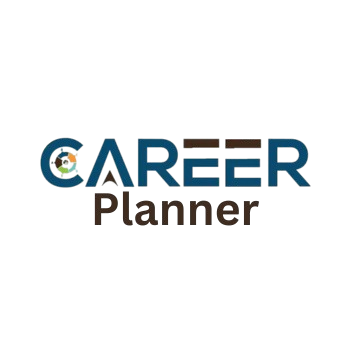There’s a stubborn, widespread myth floating around colleges and workplaces: You pick a field, get educated in it (formally or otherwise), and then stick with it until retirement—or until you keel over at your desk. I really wish this idea would just disappear.
Sadly, this belief causes a lot of anxiety for people who want to switch careers. They think they’ve poured all their time and effort into one area, and changing paths means going back to square one. Sure, shifting careers often involves some backtracking. But it’s not like you’re suddenly a blank slate. Transitioning just means taking what you already know and applying it in a new way, then learning whatever else you need along the journey.
The good news? If you’ve landed an interview, you’ve already proven you can sell your experience on paper—so you’re halfway there. Now, your task is to help the employer see how your background adds value to their team. Here’s how to do that.

1. Know Your Worth—and Prove It with Examples
Before you can convince an employer you’re the right fit, you’ve got to believe it yourself. When you truly value your skills, you describe your experience differently. Start by listing everything you’ve done—every task, every win—in detail. This helps you see your background as flexible, adaptable.
You weren’t just a “customer service rep at Caris’ Cupcake Emporium”—you “helped customers with orders, promoted new products, and handled complaints professionally.” Reframing your past roles like this makes it way easier to show how your skills transfer to a new field.
Examples bring your abilities to life for employers. Instead of saying, “Well, in that situation, I’d probably…”—share real stories. Especially when changing careers, concrete examples help hiring managers see how your experience fits their needs.
For instance, if asked about customer interactions, talk about how you dealt with people in past jobs—even if they weren’t technically customers. Then explain how that skill applies to the new role. Managing conflict with a coworker or explaining complex ideas to leadership? Those same skills work with clients.
If questioned about problem-solving, describe a time you actually solved a tough issue or came up with a creative fix. Even if the industry was totally different, your ability to think critically proves your competence. Real examples show employers you’ve done what you claim—giving you an edge in interviews.
2. Bring Proof—Don’t Show Up Empty-Handed
Go the extra mile to physically demonstrate you can handle the job. Bring samples of your work, training certificates, a mock project—anything solid that backs up your skills.
Switching to a writing-heavy field like journalism or communications? Bring writing samples. Doesn’t have to be a news article—a polished report still shows you can organize ideas clearly.
Moving from a non-tech role into programming? Bring certificates from online courses. If you didn’t share an online portfolio beforehand, bring a tablet to display your work.
No exact “proof” for the job? Create it. (Don’t fake experience—just develop samples that showcase your abilities.)
- Applying for a teaching job with no formal experience? Draft lesson plans for the role.
- Eyeing graphic design but lack real-world projects? Mock up samples for the company.
- Need to prove public speaking skills? Record yourself delivering a short, impactful talk.
Get creative—find ways to show your value based on what you’ve already achieved.
3. Own the Gaps—Confidently
It’s fine to admit you don’t meet every single requirement. Almost no one does. But don’t just shrug and say, “Yeah, I’ve never done that.”
Acknowledge the gap—then pivot to related experience that helps bridge it. Answer with confidence. If you sound unsure about tackling the role, why would the employer feel good hiring you?
Example: Maybe you’re an engineer moving into management but lack budget experience. You could say:
“While I haven’t managed budgets yet, I’m eager to learn fast. My current role demands precision, attention to detail, and strong math skills—the same abilities needed for budgeting. So while there’ll be a learning curve, I’m confident I’ll pick it up quickly.”
4. Prepare for The Question
Don’t wait until the interview to figure out how to explain your career change. You will be asked—so plan and practice your answer ahead of time.
People switch paths for all kinds of reasons. Whatever yours is, keep it positive and forward-looking. Briefly acknowledge if circumstances aren’t ideal (like a layoff or realizing your field isn’t a long-term fit), but skip the ranting about bad bosses or a dying industry.
Keep it simple:
“I’ve done great work in [industry] over the past few years, but I’m ready for a new challenge.” Then, connect your skills to the new role.
Final Thought
Never forget: You’re capable of more than one thing. Your skills aren’t locked into a single job. The better you can articulate your value—and link your past experience to new opportunities—the more doors will open for you.

